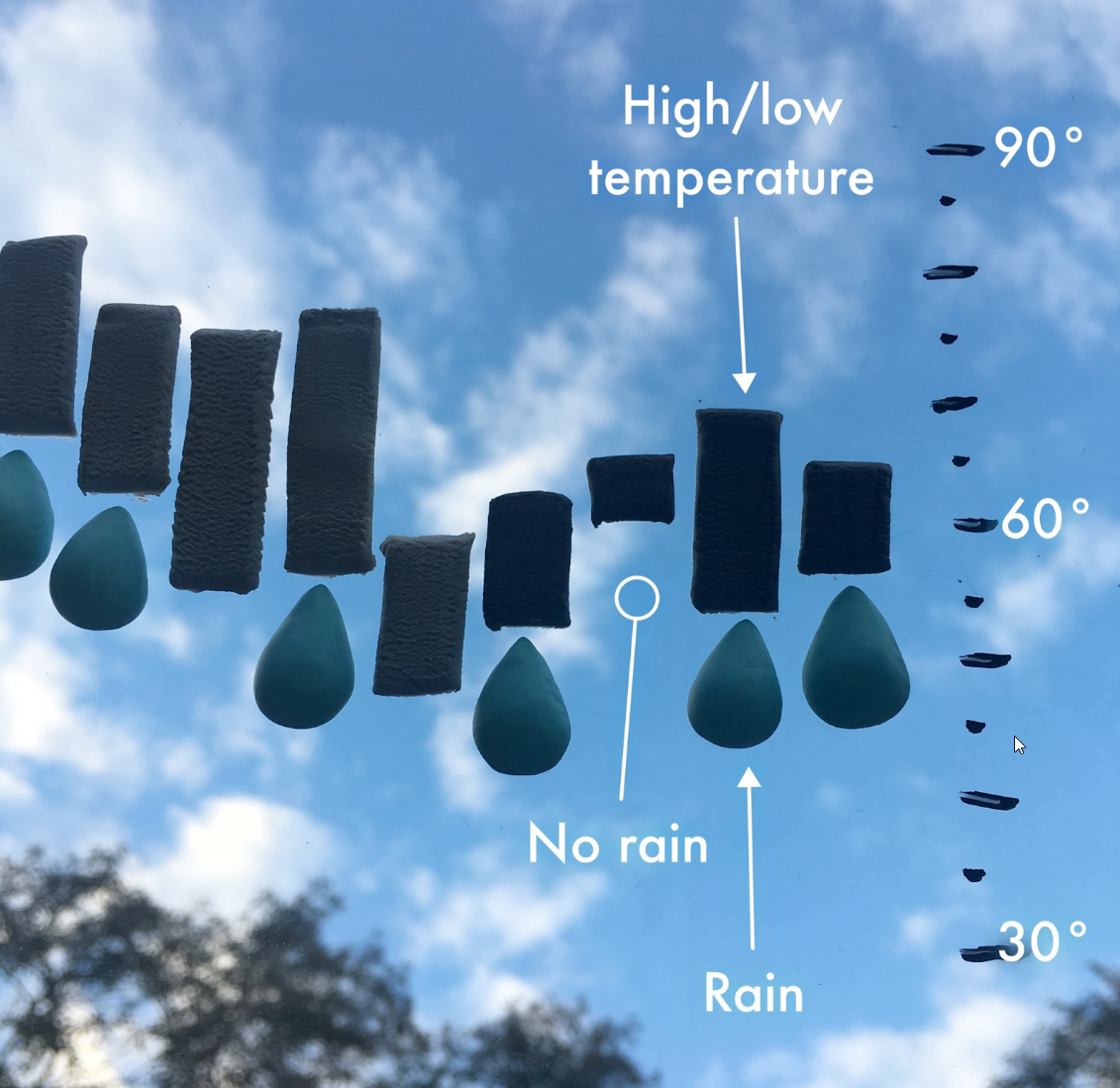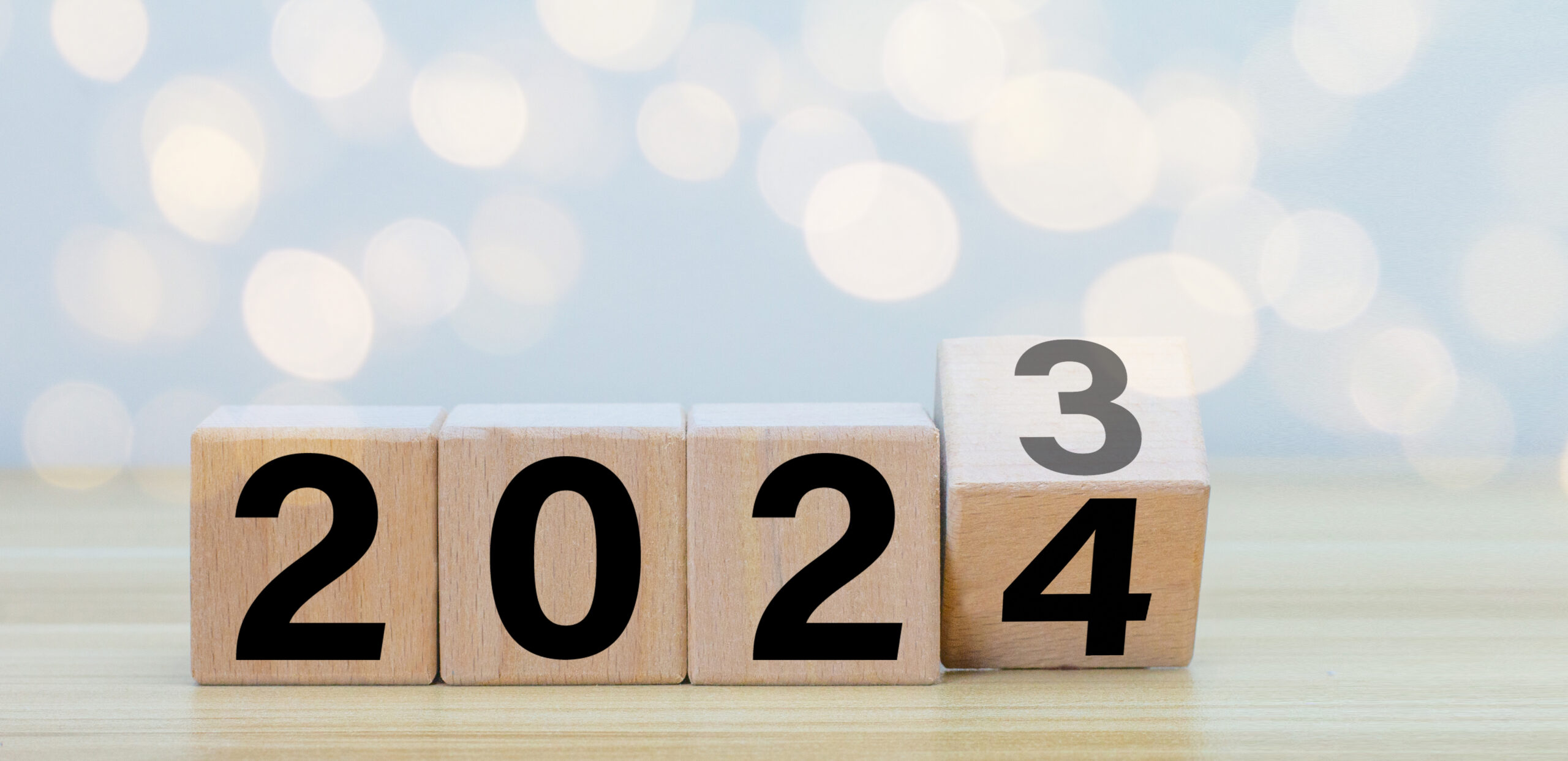If you are thinking about buying a house, you may have developed a sudden interest in mortgage rates. This may be particularly true for mortgage loan rates, a topic you’ve probably given little thought to in the past. But what are mortgage rates and how do they work? In this article, we explain the factors that can influence mortgage rates and how they can impact your finances.
What are mortgage rates?
When you buy a house, you may borrow money in the form of a mortgage loan. This is an agreement between you and a lender such as a bank. You agree to pay back the loan in installments over a given period, but the lender retains the right to take your property if you fail to repay the money borrowed. The lender charges interest in addition to the initial sum borrowed, and the amount of interest due is determined by the mortgage rate.
The mortgage rate is the rate of interest that the lender charges on your loan. This affects how much you will repay over the course of the loan.
Why do mortgage rates matter?
Higher mortgage rates mean you pay more to borrow money. However, if you choose a fixed-rate mortgage, you can lock in the rate for a number of years. This protects you against further rate rises and gives you the security of knowing exactly how much you will need to pay each month. Alternatively, you may choose an adjustable mortgage which means your monthly payments will fluctuate if the mortgage rate goes up or down. This means you benefit if there is a decrease in the mortgage rate, but you risk paying more if the rates go up.
Mortgage rates have doubled in the last 12 months, and this has a significant impact on the monthly repayment plans available. For example, a typical fixed-rate mortgage of $300,000 taken out in September 2021 might have had a monthly repayment amount of around $1270. The same product purchased a year later might now cost $1820 per month, a 43% increase.
How are mortgage rates set?
The lender sets the interest rate based on the current market rates and the level of risk they think are taking in lending you the money. You can often find a better mortgage rate if you shop around, and you will generally get a better deal if you are perceived as being a responsible borrower (for example, if you have a good credit rating and a lower debt-to-income ratio).
However, you cannot control the market rates as these are determined by economic conditions and other external factors.
In the US, the Federal Reserve influences mortgage rates by adjusting the ‘federal funds rate’. The goal of the Federal Reserve is to promote a healthy economy. They might raise the federal funds rate to help combat inflation, making it more expensive to borrow money. Alternatively, they may reduce rates to lower the cost of borrowing and help stimulate economic activity.
A change to the federal funds rate tends to influence interest rates across lenders which can have a direct impact on the interest you pay on your mortgage.
What’s going on with rising mortgage rates in 2022?
Mortgage rates are on the rise, up to 6% in September 2022 compared to just 3% at the same time last year.
Mortgage rates fell in July and August 2022 due to fears about recession. However, the Federal Reserve has raised the federal funds rate in an attempt to combat inflation. This has the effect of benefiting savers but disadvantaging borrowers on adjustable rate mortgages who will see their monthly repayments rise.
What Factors Affect Mortgage Rates?
Your mortgage rates are influenced by both your personal circumstances and external market conditions.
Personal Circumstances
· Credit Score: Lenders use your credit score to determine whether you are expected to be a responsible borrower who will repay the loan. Generally, individuals with a higher credit score are likely to be offered lower mortgage rates.
· Loan amount: The size of the loan compared to the value of the property can affect your mortgage rate. Generally, a buyer who makes a larger down payment is likely to be offered a lower mortgage rate since this reduces the risk for the lender.
· Loan type: Fixed rate loans allow you to lock in the mortgage rate for a number of years, meaning your mortgage repayment stays constant during this time. Adjustable rates fluctuate meaning your monthly payments go up or down depending on the market conditions. The cost of the products on offer will depend on the external market conditions, but you may have some flexibility to choose a loan type that suits you.
· Loan term: Generally, the longer the loan term, the more you will pay in interest over the course of the loan. However, your monthly payments may be lower as the cost is spread over a longer period. Lenders generally offer lower interest rates on shorter-term mortgages.
Historic data shows that the average mortgage rates on 15-year term loans are lower than those available on 30-year term loans.
External Factors
· Inflation: When inflation rates are high, mortgage rates tend to rise as lenders aim to ensure their return on investment keeps above the rate of inflation. You can read more about different factors affecting inflation rates here: https://www.everviz.com/blog/what-is-inflation-and-how-bad-is-it/
· Economic growth: Mortgage rates generally increase when the economy is growing strongly. This is because demand for loans is higher, and so lenders can charge higher rates.
· Monetary Policy: The Federal Reserve can adjust the federal funds rate (the rate at which banks lend to each other) and this will be reflected in mortgage rates. The Federal Reserve aims to promote a healthy economy, so they may lower rates to stimulate a stagnant economy, or they may raise rates to combat high inflation.
· Housing Market: If there is a shortage of homes on the market, the decline in purchasing reduces the demand for mortgages. This can have the effect of decreasing mortgage rates.
· Unemployment: When unemployment levels are high, this can result in an increase in people defaulting on their loans which causes lenders to raise mortgage rates to combat this risk.
Historical mortgage rates in the United States
Although mortgage rates are currently on the rise, they remain well below the peaks seen during the 1980s.
The 1970s was a time of recession following spending on the Vietnam War and an oil embargo. Inflation rose considerably during this decade which pushed mortgage rates up. The Federal Reserve raised interest rates to counteract hyperinflation, which increased the cost of borrowing.
Interest rates peaked in the early 1980s before the cost of borrowing started to decrease. During the 1990s and early 2000s, inflation rates decreased steadily due to economic growth.
The economic crash in 2008 caused a recession which had a big impact on the housing market with property values declining rapidly. To stimulate the economy, the Federal Reserve slashed interest rates to reduce the cost of borrowing money. As a result, mortgage rates decreased significantly, falling below 5% by the 2010s.
Mortgage rates remained low for the next decade. When the Covid-19 pandemic occurred in 2019, the Federal Reserve decreased rates to help economic recovery. Mortgage rates hit an all-time low in 2021 but are now on the rise again.
Mortgage Rates and Property Prices
Mortgage rates and property prices are interlinked and significant changes in the mortgage rates can have an impact on house sales and property prices. High mortgage rates can discourage buyers and fewer houses are sold. Low rates can encourage more people to purchase houses which pushes prices up. However, it can take a while before the impact of rate changes is reflected in house sales, and many other factors also influence property prices.
The median house sale price has risen from $18,000 in 1963 to $440,000 in 2022. However, this hasn’t always been a consistent increase and there have been periods where sales prices fell. Notably, there was a significant drop in the median sales price following the economic crash of 2008.
Location Matters
The biggest factor determining the size of your mortgage repayments is the amount of money you have borrowed. This is where location can play a big part: house prices vary considerably according to location. Property prices tend to be higher in big cities compared to rural areas, but there is also considerable variation across the states.
Mortgage repayments vary considerably across the country. In 2019, mortgage holders in California, Hawaii and New Jersey paid over $2400 per month on average, whereas those in West Virginia and Arkansas paid less than $1100.
In Summary
If you are thinking of entering the housing market, then you should be aware that there are a lot of different factors that can influence how much your mortgage might cost. There may be some things you can do to improve the deals on offer to you, but many factors will be outside of your control. It is a good idea to have some understanding of how external factors can influence mortgage rates because this can help you decide what type of mortgage is best for you. A fixed-rate mortgage gives you the security of knowing what you will be paying each month, but if you think that mortgage rates are likely to decrease in the next few years you might decide to risk an adjustable-rate option.


